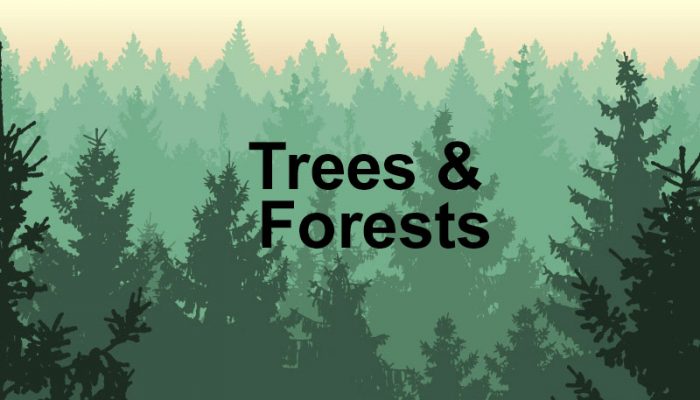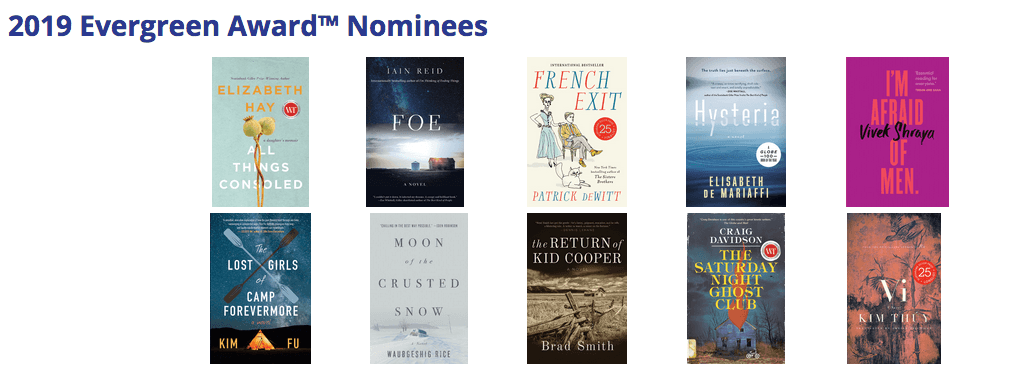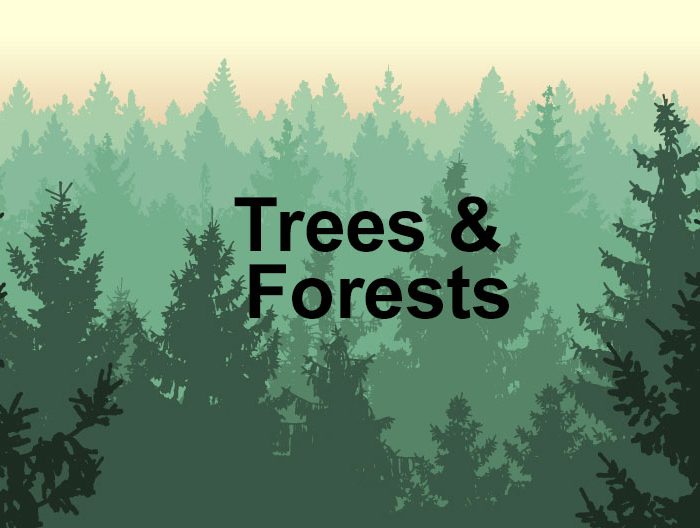COVID-19 has definitely created new access needs. Unfortunately, not everyone has a well-equipped home office that comes with internet access, which is where the public library can help.

Finding meaning in these trying times: Thoughts from a public library manager
I’m a typical librarian. I was an avid reader as a child and have had a lifelong love of stories. To me, it has always been about the books. Before I became an administrator, I had a special interest in readers’ advisory and connecting readers to books. I have presented workshops and conference sessions and have been a guest lecturer at the university and college level. In general, I talk about books and book promotion to anyone who will listen to me. I’ve been particularly active in using media to promote books and have shared tips on how to crack the media market.
“Of course, libraries have never been only about books! But reading and books are more important than ever for contemporary society, and public libraries occupy a unique position as a public reading institution.” — Paulette Rothbauer
Lately, being an administrator for a public library in Ontario has been a pretty grim proposition. Funding cuts have reduced the services we are able to provide, and the future may entail further reductions. I find I am less and less hopeful about the public services’ ability to thrive, moving forward. But then, unexpectedly, our deputy CEO got a nasty summer cold.
“Will you speak to a book club, please, about the Evergreen Award?” she asked, via text from her sickbed, before 6 a.m. on the day of the talk. “Sure, why not?” I said.
Our deputy CEO is Erin Kernohan-Berning, and she is a member of the OLA’s Evergreen steering committee. Obviously, it made a whole lot more sense that she do this talk than I, but you can’t help having a cold, and I am forever in her debt for her excellent leadership.
Arriving at the branch about 20 minutes before the book club was to start, I went to talk to the person running it. “What specifically do you want me to talk about?” I asked. The reply? “The 10 Evergreen books.” OK, I was not expecting that. Panic set in. After a few deep breaths, I realized that I had read five of the nominated books and could review the descriptions of the other five.

I opened my chat with why the Evergreen Award, a part of the OLA’s Forest of Reading, was started in the first place. The award was to encourage a love of reading and the promotion of Canadian books and writers. I have always felt strongly that Canadian libraries needed to be the fiercest champions of Canadian works, and having a literary award that is voted on by the Ontario library public is a perfect way to bolster that.
As I started talking about the 10 titles, I sprinkled in information about other books the authors had written and how their work has evolved. I supplied fun facts: Kim Thúy had lent her voice to the English audio recording of her book Vi, even though the book was written in French by an immigrant from Vietnam; Elizabeth Hay is better known for her fiction than for this year’s Evergreen short-list choice, which is a memoir about caring for ailing parents; Indigenous writing is changing, and the example among the Evergreen selections takes place in a dystopian landscape.
Working in the office of a library, where the demands range from scheduling and compiling statistics to trying to find funds in an ever-decreasing and ever-fluctuating budget, I needed to experience first-hand the things I am fighting for. The experience was a timely reminder of the importance of books; of the stories around us and how they form us as people. I felt (and what I want patrons to feel when they share in a reading experience book club or program): invigorated. I am writing this because I’m hoping that by sharing this experience with others in public library management, and maybe just public libraries in general, we can all remember what we are here for in the first place. Fight the good fight, but also take the time to stop, breathe, and enjoy what we have already created, or currently offer. We, too, are members/patrons/customers as well as taxpayers.

Yes, the other things that libraries do are important too, but I am never as happy as when I am talking about books. So thank you, Erin, for giving me the opportunity to do the thing I love to do and, at the same time, to regain a bit of the faith that what we do does make a difference, no matter the challenges that are sent our way.
Bessie Sullivan is the CEO of the Haliburton County Public Library. She can be reached at bsullivan [at] haliburtonlibrary.ca.
